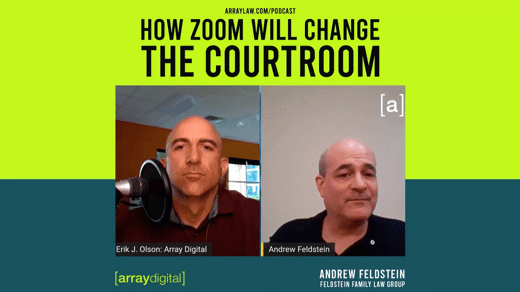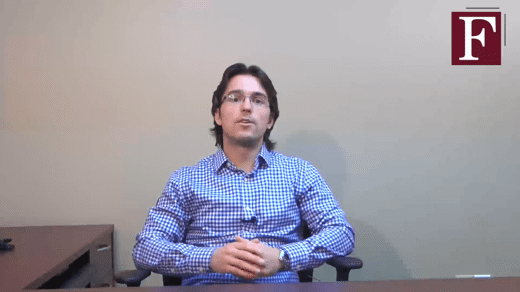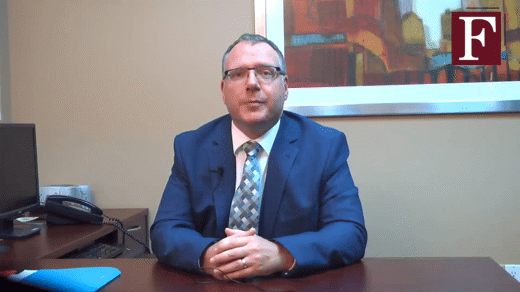Hi, my name is Andrew Feldstein of Feldstein Family Law Group. Today we will be exploring the topic of Dispute Resolution Officers, also known as DROs for short.
A DRO is an experienced family law lawyer who has been appointed by the court to support the family law court process. A DRO acts as a neutral third party, helping separating couples attempt to resolve their issues before their case proceeds to a judge. I, myself, am on the DRO panel for Newmarket.
You may be wondering when the DRO enters the family law process. In locations where the DRO program is offered, your first case conference on a motion to change is sent to a DRO instead of a judge. A motion to change is the court process when a person requests that a judge change or end a final family court order or agreement for support that is filed with the Family Responsibility Office. Motions to change frequently deal with the issues of custody, access or support.
A DRO can’t write consents or draft orders on your behalf, can’t make orders regarding your case and can’t award costs, but he or she will assist both parties in identifying and attempting to reach a settlement. A DRO will also determine if the file is ready to go before a judge. If the parties (with their counsel) are able to come to a resolution on some issues, the DRO will assist in obtaining a consent order from a judge. If a resolution is not reached, the DRO can suggest other next steps. After the DRO hearing, the parties can have a subsequent case conference with a judge or a settlement conference.
Since DROs have lots of experience in all areas of family law and have heard cases similar to yours they can suggest different mechanisms for resolutions that have been successfully reached by other couples. The DRO Program facilitates settlement so the parties do not have to see a judge. But even if a case does proceed to a judge, the DRO will have already helped the parties define the issues in dispute so they are less complicated when presented to the judge.
Preparing for a DRO appearance is similar to preparing for a case conference. You will in most cases need to prepare a case conference brief where both parties outline a short history of the case and provide positions regarding the issues in the motion to change. You would also attach any relevant documents to this brief.
If you would like more information on this topic, or other family law issues, please visit our website at www.separation.ca, or call us for a free initial consultation at 905-581-7222.
Thanks for watching. I’m Andrew Feldstein, for Feldstein Family Law Group.



